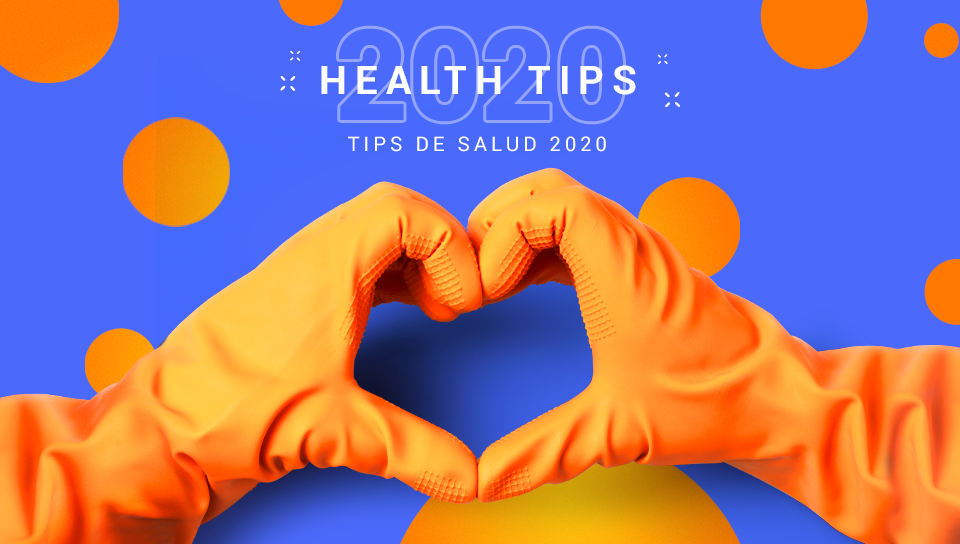Is it a cold or the flu?
Sep 13 2020


Strengthening your immune system and knowing how to distinguish between cold and flu symptoms: two seemingly simple things that are key for good health.
“Happiness lies, first of all, in health.”
- George William Curtis
Although, as a culture, we’ve become much more aware of the importance of going to the doctor to get a proper diagnosis and to get the right prescriptions, we also can’t let our guard down, as we often mistake a common illness for something more serious, as is the case with the cold and the flu.
DIFFERENCES (≠) AND SIMILARITIES (=) BETWEEN THE COMMON COLD AND THE FLU
= They have some symptoms in common, which makes it difficult for us to distinguish between the two.
= Both are respiratory illnesses.
≠ Each is caused by a different virus.
≠ The flu is much worse than the common cold.
≠ Flu symptoms are stronger.
≠ Colds don’t typically cause complications or serious illnesses, such as pneumonia or bacterial infections, which require hospitalization.
≠ The flu can cause very serious complications.

These are the common signs and symptoms, but it’s not enough to know them; it can still be difficult to distinguish between the two illnesses. Thankfully, there are tests your doctor can have you take within the first few days of illness that reveal whether you have the flu or not.
WHO IS THE MOST AT RISK?
The New York Department of Health informs that those most likely to catch the flu are “pregnant women, children under 5 years, people of any age with certain chronic medical conditions, such as asthma, diabetes, or lung disease, people under 19 years who are receiving long-term aspirin therapy, people 65 years or older, and residents of nursing homes and other chronic care facilities” (2009).
HOW CAN WE AVOID GETTING SICK?
- Develop healthy eating habits.
- Strengthen your immune system with the power of the Vitamin C and Zinc in Redoxon®.
- Get vaccinated.
- Avoid exposure to sudden temperature changes.
- Wash your hands frequently.
- Avoid touching your face, mouth, and eyes.
- Avoid sharing food and drinks with others.
- Keep a safe distance from sick people. If you do interact with them, wear a mask and safety goggles.
And if you’re already sick, take the following precautions:
- Go to your doctor.
- Drink plenty of fluids.
- Strengthen your immune system with Redoxon®, which will help you get better more quickly.
- Prevent germs from spreading: when you cough or sneeze, make sure you do so into the crook of your elbow and not into your hands, or you can cover your nose and mouth with a napkin. Remember to throw the napkin into the trash after use!
- Wash your hands frequently with warm water and soap, especially after coughing or sneezing. Use hand sanitizer when you’re unable to wash your hands.
- If you’re going to be around others, wear a mask.
- Get as much rest as you need!
REFERENCES
- Centers for Disease Control and Prevention. (February 2019). Cold versus flu. Retrieved from https://www.cdc.gov/flu/symptoms/coldflu.htm
- New York State Department of Health. (December 2009). H1N1 flu and seasonal flu: differences and similarities. Retrieved from https://www.health.ny.gov/publications/7242/








